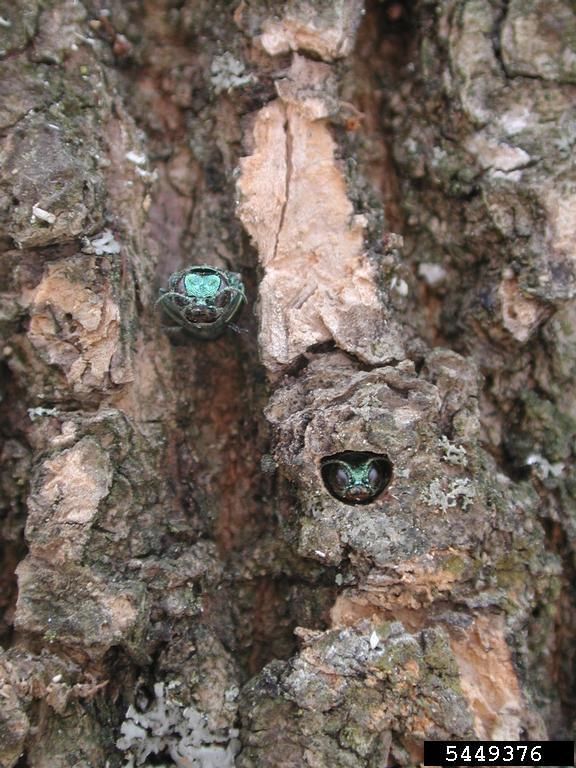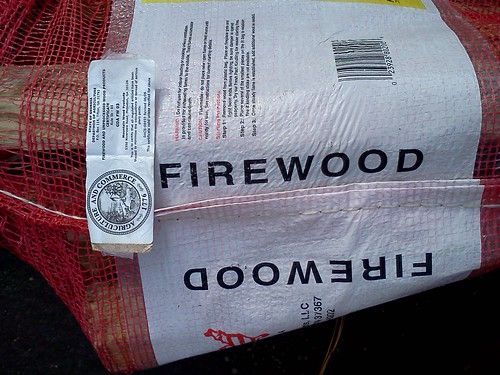Habitat Tip: Don’t Move Firewood
Now that it’s officially summertime and warmer weather is upon us, camping season in Michigan is in full swing! Camping is a very popular pastime for all Michiganders, and for good reason. From the thick forests and tall waterfalls of the Upper Peninsula to the setting sun on Lake Michigan after a long day on the water, Michigan is home to some of the most beautiful places in the country. According to the Michigan DNR Parks and Recreation Division, Michigan holds 103 state parks and recreation areas, and 140 state forest campgrounds. The state also boasts more than 13,750 state park campsites and over 250 cabins, yurts, and other overnight lodging. Parks and Recreation staff work tirelessly to ensure that campgrounds are clean and ready to use so campers will enjoy their experience visiting the state parks. However, campers also need to follow a few tips to help protect the environment around them, and one of the most important tips has to do with firewood.
Don’t Move Firewood
One of the most crucial camping tips is this: don’t move firewood! Invasive tree-killing insects and diseases can lurk in or on firewood and will spread to new areas. Eggs and small larvae of these invasive species are difficult to detect without careful inspection, so even firewood that looks clean and healthy can still pose a risk. New infestations can quickly establish and take over a large area, destroying the trees with them. Native trees have defenses against the insects and diseases local to their area, but if a new insect or disease reaches them, the trees have no way to defend themselves.
Once an invasive insect has spread to an area, it’s very expensive to control and eradicate them. According to the USDA (U.S. Department of Agriculture) Forest Service, the emerald ash borer has cost the USDA more than $200 million in surveys and control efforts since it was first detected. A study conducted by the Forest Service also estimates that 1.4 million trees will be killed by invasive insects from 2020 to 2050, costing an annualized average of $30 million (Hudgins et al. 2022).

How You Can Help
The best way to help mitigate the spread of insects and diseases is to not move firewood and only burn locally sourced firewood. This means buying firewood at the campground you are camping at and not transporting it from where you’re traveling from. In general, locally sourced firewood is referred to as the closest convenient place that you can purchase it from. As a rule of thumb, only use wood cut within 50 miles of where you are having your fire. You can also purchase heat-treated wood, which is considered safe to move. It must be packaged with a USDA APHIS (Animal and Plant Health Inspection Service) heat treatment seal or a state-based (such as a State Department of Agriculture) heat treatment seal. Firewood that is labeled “kiln-dried” is different and not considered safe to move.

Learn More
Want to learn more about firewood and the invasive insects that lurk inside? Visit the Don’t Move Firewood website for more information. This campaign run by The Nature Conservancy aims to protect forests from invasives that can travel on firewood. They have many resources and outreach materials available for anyone to use.
The post Habitat Tip: Don’t Move Firewood appeared first on Michigan United Conservation Clubs.
Recent Posts



